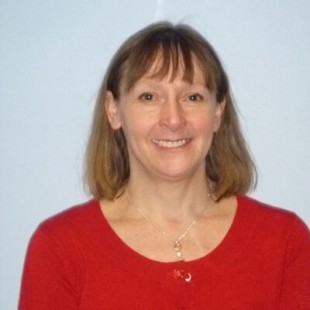 Health visiting has undergone radical transformation in recent years to improve access, improve experience for parents, improve outcomes and contribute to reducing health inequalities. At the beginning of this process, we wanted to listen to parents’ view and ensure the service reflected their needs. We commissioned the National Nursing Research Unit to complete a research study to learn from service users’ experiences to inform the transformation of health visiting.
Health visiting has undergone radical transformation in recent years to improve access, improve experience for parents, improve outcomes and contribute to reducing health inequalities. At the beginning of this process, we wanted to listen to parents’ view and ensure the service reflected their needs. We commissioned the National Nursing Research Unit to complete a research study to learn from service users’ experiences to inform the transformation of health visiting.
What parents said: the role of health visiting
Parents said they didn’t always understand the role of health visiting or what they could expect from their health visitor. They were unsure about the full scope of the support available, so we provided more information and leaflets for parents and created the six high impact areas where health visiting services make the biggest difference. Having more health visitors is also helping us achieve this.
Increasing the knowledge of the workforce
Parents said they wanted health visitors to be up to date about local services and ways of approaching parenting. We introduced the Education Initiative which provides more training for health visitors. The Institute of Health Visiting introduced mental health and domestic violence champions who have helped train other health visitors in this area. Parents valued evidence-based factual information and advice that was tailored to suit their needs.
Access to services
Parents said their experiences varied widely and some found the health visiting service difficult to access. Fathers also said they wanted to be more involved. Now, the transformed service model will ensure all parents are offered five universal contacts at key times during their child’s early years and further support available through clinics or the universal plus and partnership plus service if needed. Parents see more of their health visitor and there is more antenatal contact. We are also working with the Fatherhood Institute on strategies on involving fathers and a number of services across the countries are running clinics or groups for dads.
Building relationships
Parents said they wanted to see the same health visitor more often. They wanted to continue to feel ‘known’ and listened to, which meant that advice was better tailored and they found this more acceptable. Many parents now meet their health visitor during pregnancy, which offers a more personalised approach and the Family Nurse Partnership service is offered to more parents under the age of 19.
Working with communities
Parents said they wanted creative ways of getting involved in community projects and reducing isolation. New parents also valued the role provided by health visitors to parent groups which provided an important way to learn confident parenting, overcome feelings of social isolation and gain self-confidence and emotional support. Parents value health visitors as a point of contact when referral to other health professionals is needed. The transformed health visiting service recognises the importance of continuing to improve services within the community, for all families and for those needing additional support. And it’s also doing this creatively – whether it’s through technology or encouraging creatively-run clinics, art projects or other ways of getting parents involved.
This week the Department of Health will be presenting examples from practice which demonstrate transformed health visiting “in action”, to improve access, improve experience and at the start of March they want to focus on improved health outcomes and contributing to reducing health inequalities.
The full NNRUreport is available here.
Pauline Watts is the Professional Officer for Health Visiting at the Department of Health
